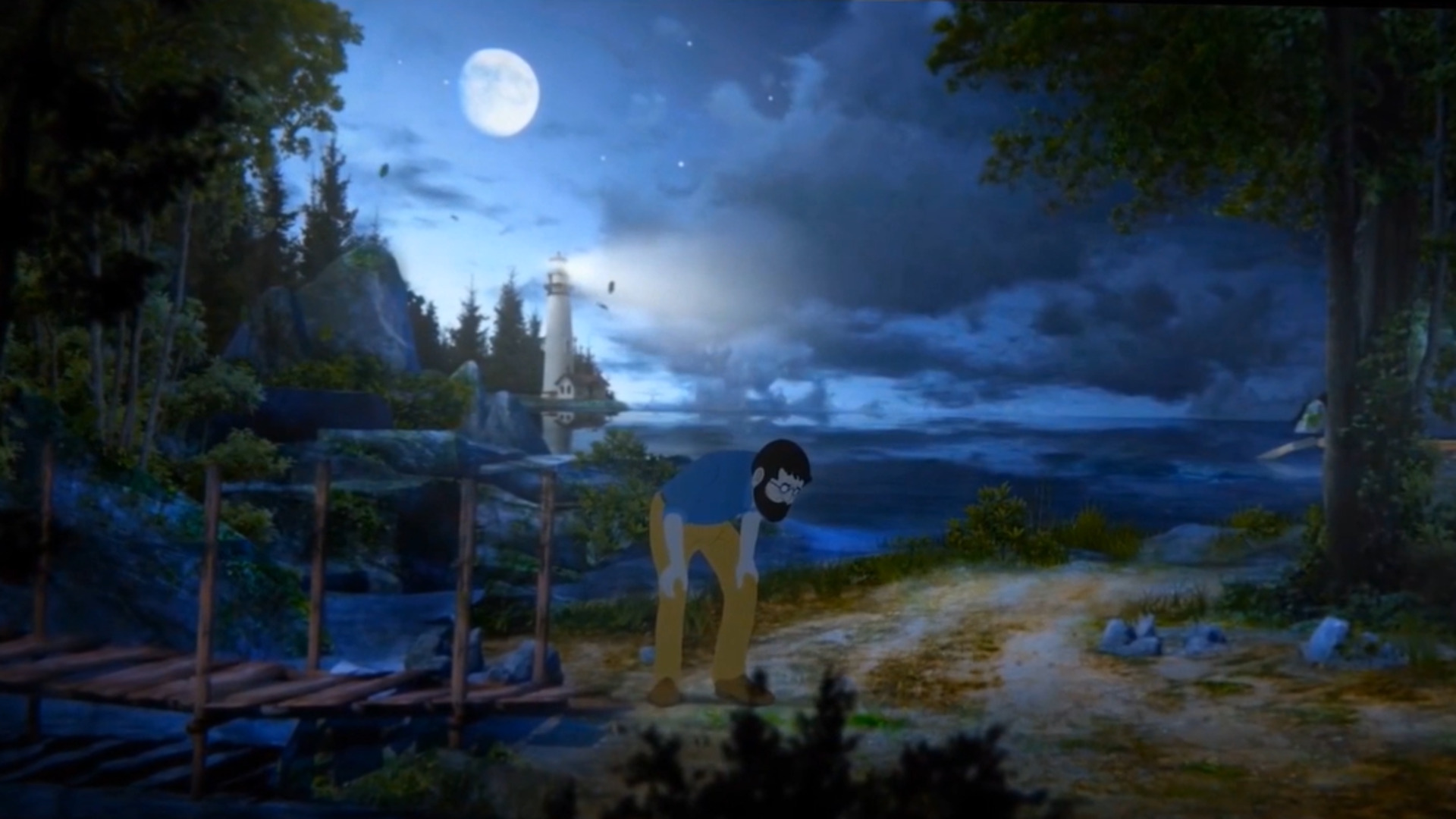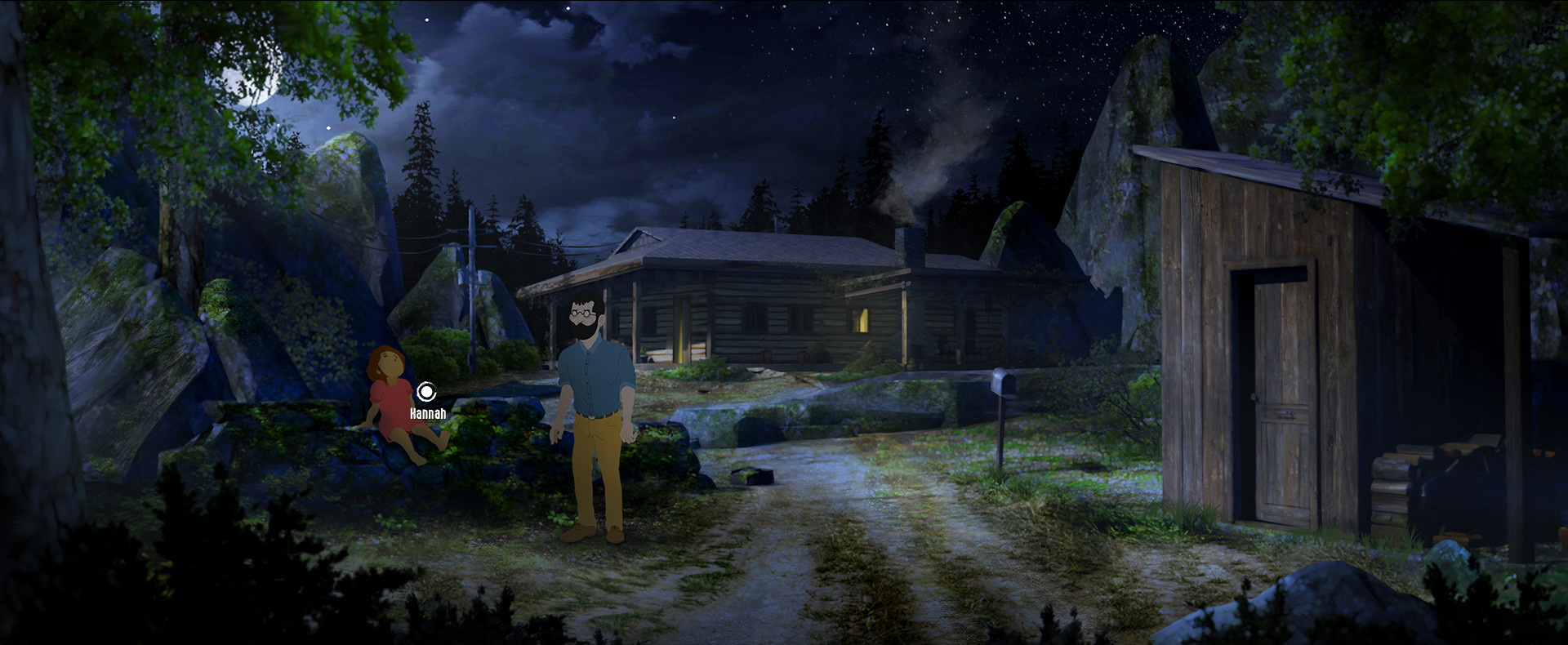
Back in January, the indie horror game The Night is Grey released after a grueling seven-year development process that just barely survived the dedication to frame-by-frame character animation, and despite positive reviews, it's still struggling to find an audience at the time of publication.
I reached out to the game's writer, Tiago Fragoso, after a tweet from the The Night is Grey's official Twitter account asking for support went viral. What transpired was an insightful conversation about the massive barrier to entry that is indie game development, the even taller hurdles facing first-time developers making a niche passion project, and what could be done to improve discoverability platform-side.
"We had to learn everything as we went along," Fragoso says. "Only being able to work on this part time contributed of course. And since we're a small team, we could have one person fully dedicated to marketing and spreading the word around."
Seeing developer Whalestork Interactive - a team of five people including just one programmer who "never programmed anything prior" - bemoan the monumental challenge that is creating a financially viable indie game, much less a point-and-click horror game, brought to mind a recent and broader story about several indie devs feeling "blindsided" by EA's Command & Conquer Steam onslaught.
"It would be nice if platforms found a way to boost smaller teams and projects, but how to make that happen... who knows, really," Fragoso says. "True, it all revolves around what people are interested in and platforms will naturally cater to that. But if no one even notices you released your game, no one will have a chance to be interested in it."

Playing The Night is Grey's free demo, the first thing that'll jump out to you is the gorgeous presentation, featuring 50 unique environments that were "painted by hand and individually rearranged and animated, resulting in animated panoramic backgrounds that will suck you in." The characters, meanwhile, were drawn and animated frame by frame, which means every single frame in an animation is its own unique drawing. Understandably, this itself was a massive undertaking that very nearly sunk the project.
"We had almost two years of pre-production just to find the right style for the backgrounds. When we decided on that, we had the brilliant idea of trying to animate every charter frame by frame, 12 frames per second. The main character alone has more than 6,000 unique drawings...it was almost a shot in the foot ... all this with every team member almost never meeting in person for years due to COVID or time restrictions."
It's somewhat of a minor miracle then that The Night is Grey ever released, but a big post-launch headwind for the game, Fragoso says, is its very identity as "a love letter to point & click adventure games" like Myst and Riven. Still, Fragoso's resolve to celebrate the massive accomplishment that is simply finishing and releasing a debut project is unwavering.
"Whatever happens with the game or with our team, it was worth it creating something that we 100% believed in and it's been amazing seeing it resonate so deeply with some people," Fragoso says. "This will probably be one of the biggest and most rewarding endeavors of our lives. So thank you to everyone that gives The Night is Grey the light of day."
The Night is Grey centers around a man named Graham who rescues a lost young girl from an abandoned lodge in the middle of a forest surrounded by mysterious wolf-like creatures. The "slow-burning" story of survival doesn't involve combat, but rather the solving of various puzzles to progress through the dark and mysterious story about Graham, Hannah, and shapeshifting creatures inhabiting the woods. It's available on Steam now.
Here are some upcoming indie games we can't wait to check out.







